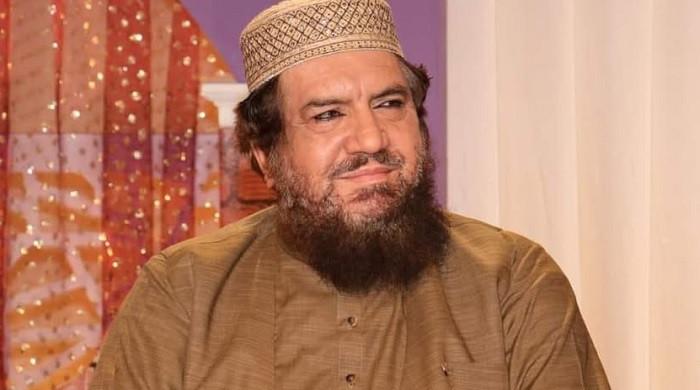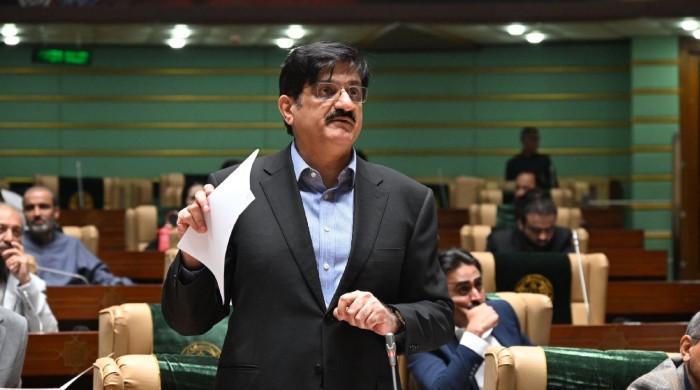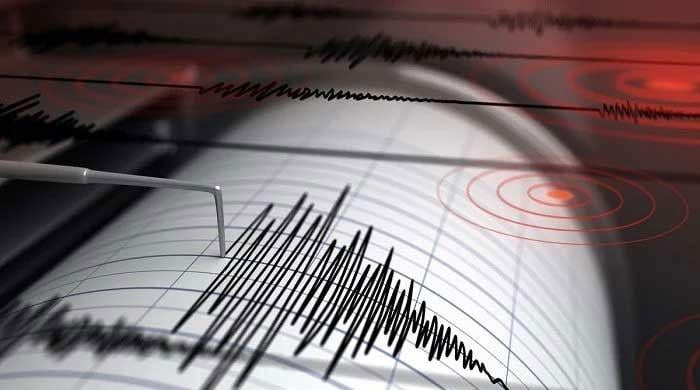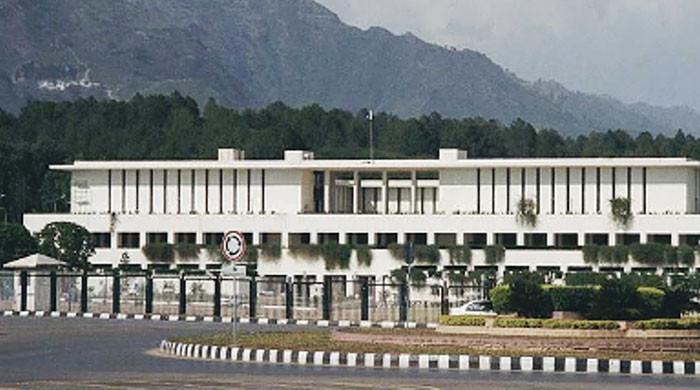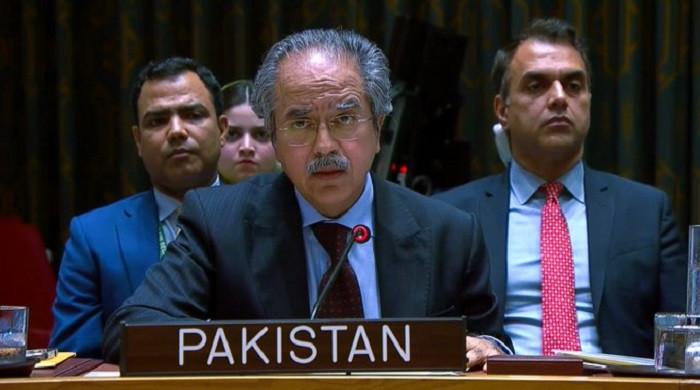'Judiciary can't fix poll date': ECP challenges SC election verdict
Electoral body urges SC to not intervene in its matters; says judiciary doesn’t have the authority to give elections date
May 03, 2023
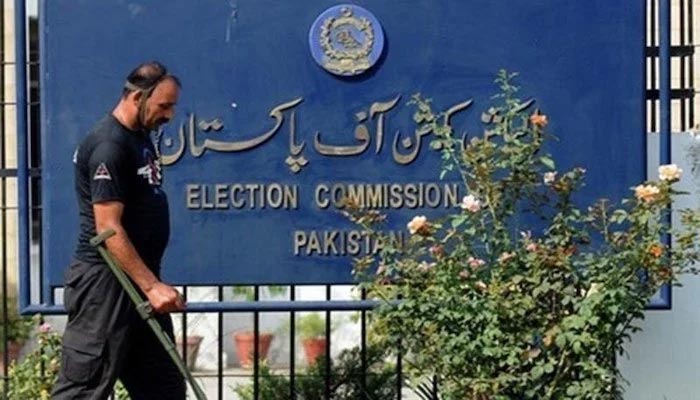
- Electoral body urges SC to not intervene in its matters.
- It says judiciary doesn’t have the authority to give elections date.
- ECP claims court overlooked material questions of Constitution.
ISLAMABAD: The Election Commission of Pakistan (ECP) on Wednesday moved the Supreme Court to review its directives to hold elections for the Punjab Assembly on May 14, urging it not to intervene in its matters.
In a 14-page petition — a copy of which is available with Geo.tv, the electoral body said that apex court should review its decision as the judiciary “doesn’t have the authority to give the date of elections.”
The petition was regsitered hours after the Pakistan Tehreek-e-Insaf (PTI) said that it would submit a detailed report of the talks between the party leaders and the ruling alliance, urging the apex court to implement its verdict in Punjab polls case.
“[…] it is most respectfully prayed that this August Court may graciously accept the instant Review Petition by revisiting, reviewing, reconsidering and recalling its Impunged Order/Judgment dated 04.04.2023, in the interest of justice and equity,” the petition read.
The petition highlighted that superior courts of the country have been granted a special power under Article 199 and Article 184(3) of the Constitution to judicially review actions/decisions of the public bodies.
“The superior courts can define the contours within which the power (which vests in the public bodies) is or is to be exercised. At no instance, can the superior courts take upon themselves the role of the public body,” the petition read.
The electoral body reiterated that the appointing of the date for the election is “not the mandate of superior courts under the Constitution.”
“Such powers exist elsewhere under the Constitution but certainly not lie in a Court of law,” the ECP said, citing various legalities and reasons behind its statement.
The electoral body accused the Supreme Court of disregarding its constitutional jurisdiction, emphasising that it assumed upon itself the role of a public body in giving a date; "thus intervention by the Court is necessitated to correct an error which has effectively changed the settled constitutional jurisprudence of the country."
The executive and the judiciary — two vital state organs — seem to be on a collision course as the Pakistan Democratic Movement-led government demonstrated its disdain over April 4’s apex court’s ruling, nullifying the ECP’s decision to delay the election in Punjab till October 8 this year after initially announcing it to hold on April 30.
A three-judge SC bench, comprising Chief Justice of Pakistan Umar Ata Bandial, Justice Ijazul Ahsan and Justice Munib Akhtar, announced the verdict on the PTI's petition challenging the ECP’s move to postpone the Punjab Assembly polls till October.
The chief justice announced that the election in Punjab would be held on May 14 as the SC declared the ECP’s decision “unconstitutional”.
While the PTI celebrated the “historic decision, the government; however, termed the verdict contrary to the judgments of the Supreme Court’s majority judges, saying it was an “impractical order”.
The issue regarding who has the authority to set the date of the election has been the talk of the town since the PTI dissolved the Punjab and Khyber Pakhtunkhwa assemblies in January on Imran Khan's instruction.
The ECP, in its petition filed today, claimed that the august court has overlooked material questions of the Constitution and law, which have material bearing on the decision.
“The errors of law are floating on the face of the record and are manifest and clear that these may not be allowed to remain as such,” the ECP wrote.
It further wrote: “The petition craves the kind indulgence of this august court to allow the petitioner to raise and agitate further grounds once the detailed reasoning for the order under review is released.”




